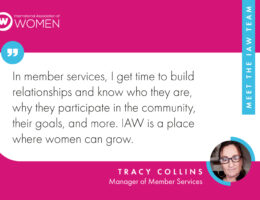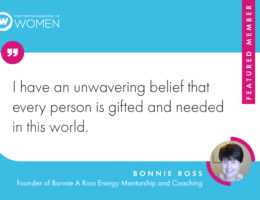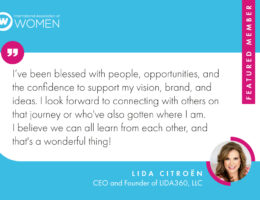This post was originally published on LinkedIn and has been reposted here with permission from the author.
I was out walking today listening to “The Success Principles” audio book when the author, Jack Canfield said, “No, is a complete sentence.” That statement caught my attention, because I find it interesting that people actually have problems saying no.
People think focus means saying yes to the thing you’ve got to focus on. But that’s not what it means at all. It means saying no to the hundred other good ideas that there are.
– Steve Jobs
In my Association of Corporate Counsel Docket Magazine column, “The Power of NO,” published in September 2018, I outlined the importance and many advantages of being able to say no without guilt.
Some people confuse saying no with being mean or bitchy. And while there may be instances where that is the case, more often than not, it is simply nothing more than one protecting their values and priorities.

When we say no to things that are not important to us or as important as other things we have the option of doing, we make room for the things we actually need to focus on. We all have limited time and resources and one of the leading causes of burnout is being stretched too thin.
By learning to say no artfully, but definitively, we make space for those things that we value and are free to use our limited resources where they matter most. When we say no, there is no need to explain or equivocate.
Steve Jobs had one of the best summations on why we have to say no, “People think focus means saying yes to the thing you’ve got to focus on. But that’s not what it means at all. It means saying no to the hundred other good ideas that there are. You have to pick carefully. I’m actually as proud of the things we haven’t done as the things I have done. Innovation is saying no to 1,000 things.”
It’s that one thing you need to be working on that may be the difference in you getting the promotion you want or launching a new product or service. If you are spending your time on any one of hundreds of other things, while potentially important but not of highest priority, you are cheating yourself of what it is you truly want. Weighing competing priorities may be difficult, but it’s essential if we are going to maximize our impact.
For instance, one of my favorite sayings is “writers write.” But if I am totally honest there are times when I would prefer doing something other than writing. However, if I am going to reach my goals as an author, it’s imperative that I not only make the time to write, but put this activity above any activity that has a lower priority, say like… binge watching movies on Amazon Prime. At other times, my priority need is rest or relaxation and an hour or two of binge watching is just what the doctor ordered.
In the end, the only way we can stick to our priorities is to know what they are. That requires prioritizing introspection and goal setting. Once we are clear on what we want and why, we are positioned to choose between those things competing for our attention, which then makes it possible for us to just say no.

About the Author

Whitnie Wiley is the founder at Shifting Into Action. Reignite the Flame for Your Career Expert. Author, Speaker, Trainer, Coach & Consultant. Connect with Whitnie on LinkedIn.
Whitnie will be joining us LIVE on August 21st at 1PM ET. Reserve your spot below!




